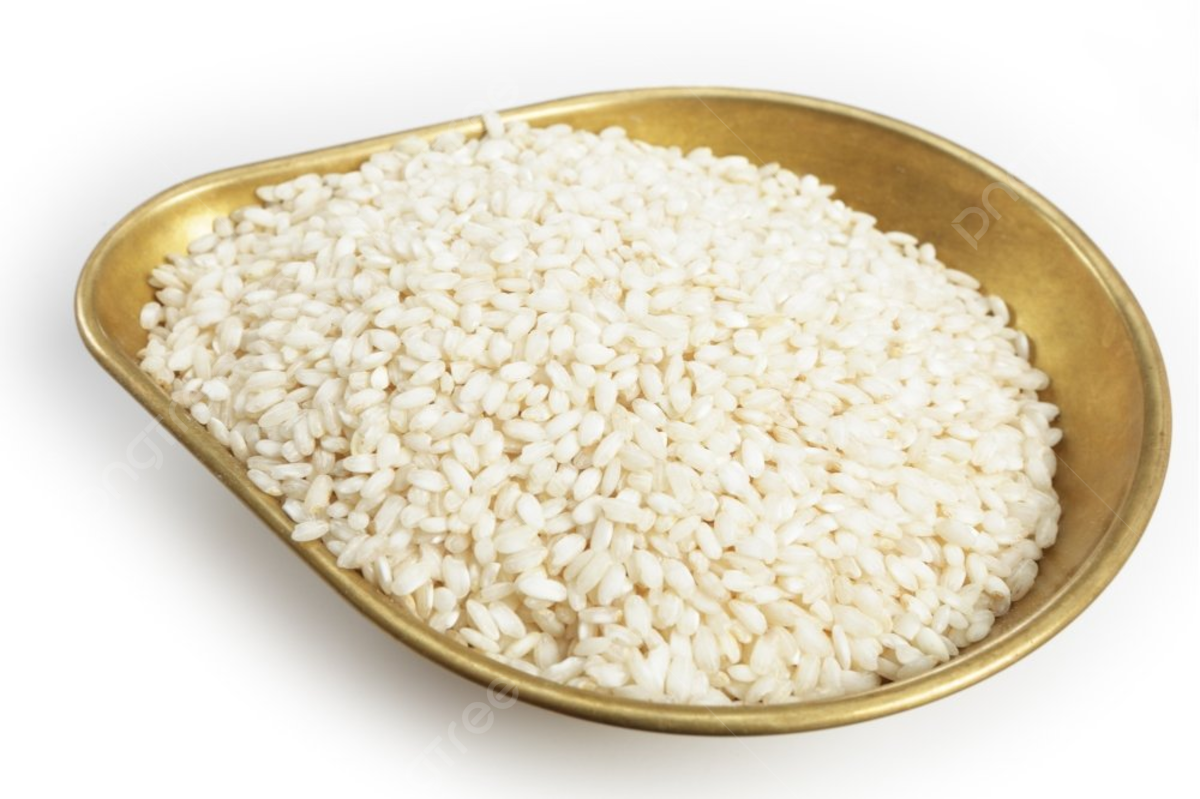Rice, being a staple food for a significant portion of the global population, undergoes a meticulous processing journey before it reaches our tables. At the heart of this journey lies the importance of precision scales. In this article, we’ll delve into the pivotal role that precision scales play in rice processing, elucidating their impact on quality control, efficiency, and overall productivity.
Accurate Measurement for Raw Materials
One of the foundational stages of rice processing involves the precise measurement of raw materials. Whether it’s the rice grains themselves or additional ingredients used in various rice products, such as seasonings or coatings, accurate measurement is paramount. Precision scales ensure that the right quantities of ingredients are added, maintaining the consistency and quality of the final product.
Monitoring Production Processes
Throughout the processing journey, from cleaning and milling to polishing and packaging, meticulous monitoring of production processes is essential. Precision scales provide real-time data on ingredient usage, production yields, and product weights, enabling operators to make timely adjustments and uphold quality standards. By closely monitoring these processes, potential issues can be identified and addressed promptly, minimizing wastage and ensuring optimal efficiency.
Enhancing Efficiency in Rice Processing
Efficiency is a cornerstone of successful rice processing operations. Precision scales contribute to streamlining workflow by facilitating accurate measurements and minimizing manual errors. Automated features, such as tare functions and digital displays, simplify weighing tasks and accelerate processes, allowing operators to focus their attention on other critical aspects of production.
Optimizing Inventory Management
Effective inventory management is essential for maintaining uninterrupted production schedules and minimizing downtime. Precision scales aid in inventory management by providing accurate data on raw material levels, allowing for timely replenishment and preventing stockouts. This proactive approach ensures smooth operations and prevents costly disruptions in the supply chain.
Are Precision Scales Cost-Effective?
While precision scales may represent an initial investment, their long-term benefits far outweigh the upfront costs. By enhancing quality control, minimizing waste, and optimizing efficiency, precision scales contribute to significant cost savings over time. Additionally, their durability and reliability ensure a high return on investment, making them a cost-effective solution for rice equipment processing facilities.
How Do Precision Scales Compare to Other Weighing Methods?
Compared to traditional weighing methods, such as manual scales or volumetric measurements, precision scales offer unparalleled accuracy and consistency. Their digital interfaces and advanced features enable precise measurements, even in challenging environments. Furthermore, integration with other automated systems enhances overall operational efficiency, making precision scales the preferred choice for modern rice processing facilities.
Conclusion:
In conclusion, precision scales serve as indispensable tools in the rice processing industry, contributing to both quality control and operational efficiency. By ensuring accurate measurements, facilitating real-time monitoring, and optimizing workflow, precision scales play a pivotal role in upholding the standards of excellence in rice processing. As a leading provider of materials testing and lab supply equipment, certifiedmtp.com recognizes the importance of precision scales in the food processing industry and remains committed to delivering high-quality products that exceed customer expectations.
FAQs:
Q: Can precision scales handle large volumes of rice?
A: Yes, precision scales are available in a variety of capacities to accommodate the diverse needs of rice processing facilities. Whether it’s measuring small batches or bulk quantities, there are precision scales suitable for every application.
Q: Are precision scales easy to maintain?
A: Yes, precision scales are designed for ease of maintenance, with features such as removable pans and self-calibration functions. Routine cleaning and calibration ensure optimal performance and accuracy.
Q: Can precision scales integrate with existing production systems?
A: Yes, many precision scales are equipped with connectivity options for seamless integration with existing production systems. This integration allows for data exchange and automation, further enhancing operational efficiency.
Stay in touch to get more updates & news on Gossips!




